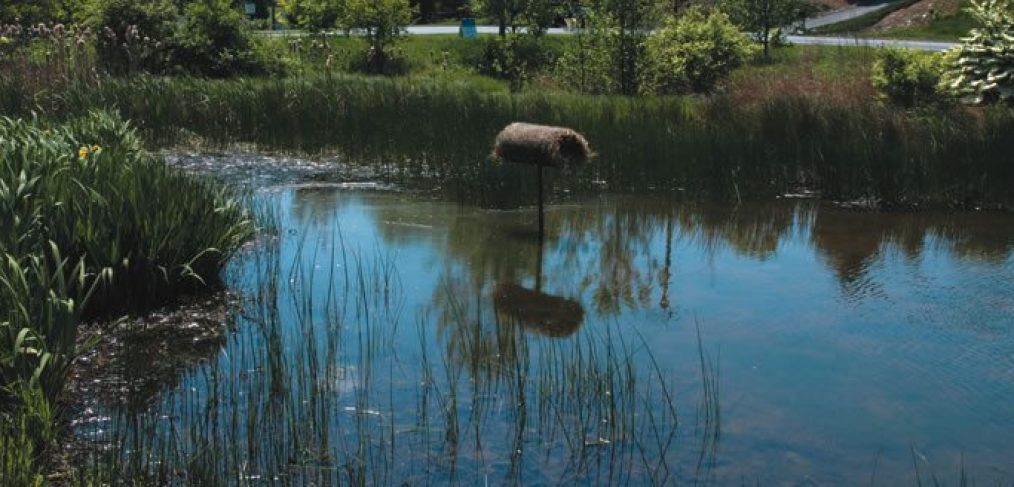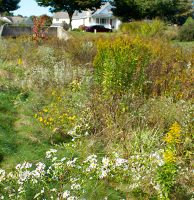
Wetlands Provide Numerous Benefits to Us
Over the years, LandStudies has worked on a variety of wetland creation and restoration projects across the greater Lancaster County area, which you can learn about here. This work is invaluable because wetlands are invaluable. They provide us with multiple benefits described below.
Wetlands Provide Flood Control
Wetlands act like sponges, trapping and slowly releasing water from rain and snow melt. The roots of wetland plants slow the speed of runoff, reducing the impact of floods and helping to limit erosion (the washing away of soil by water, wind, or other action). Wetlands are particularly useful downstream of urban areas, because cities have more roads, parking lots, and roofs where rain cannot be absorbed. The wetlands will absorb that stormwater runoff and even filter out some of the pollution.
Economic Products
If you like blueberries, cranberries, wild rice, and shellfish, you have wetlands to thank for them. In the Southeast, for example, nearly all the commercial catch of fish and shellfish depend on coastal wetlands. These include flounder, striped bass, oysters, and blue crab. Wetlands are among the most productive habitats in the world, comparable to rain forests and coral reefs.
Environmental Benefits
Wetlands are home to more than one-third of the threatened and endangered species in the United States. For many common species, such as wood ducks, muskrat, and cattails, inland wetlands are the only places they can live. Migratory birds use wetlands for resting, feeding, breeding, and nesting. The Environmental Protection Agency (EPA) calls wetlands “biological supermarkets,” because they contain large quantities of food for a variety of animals.


